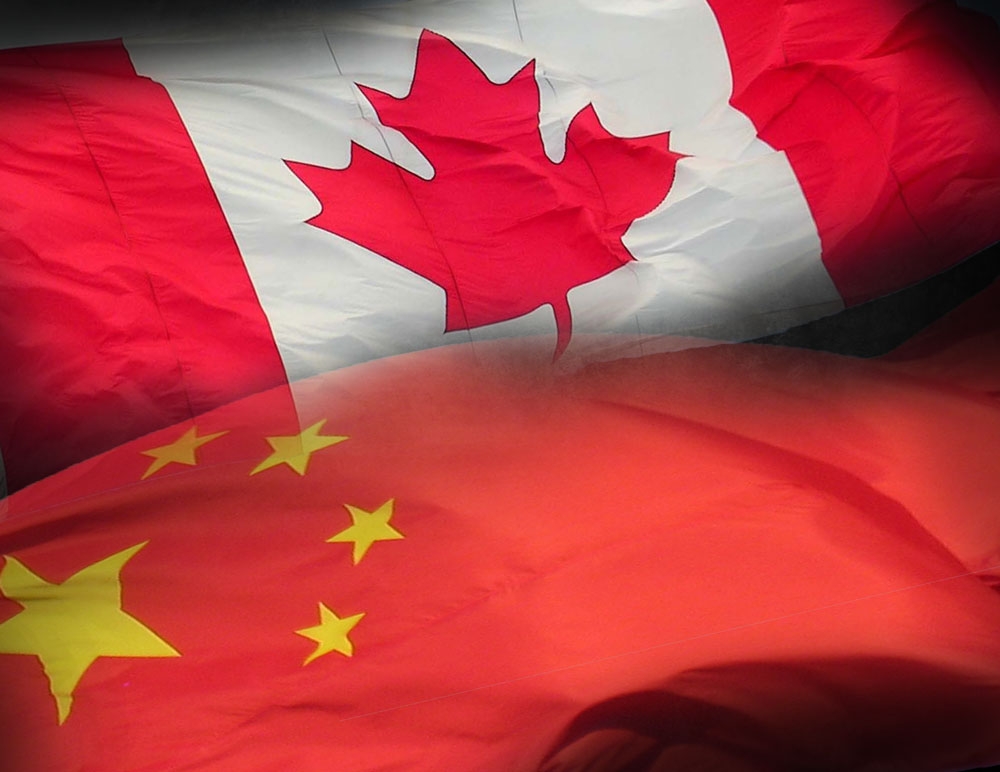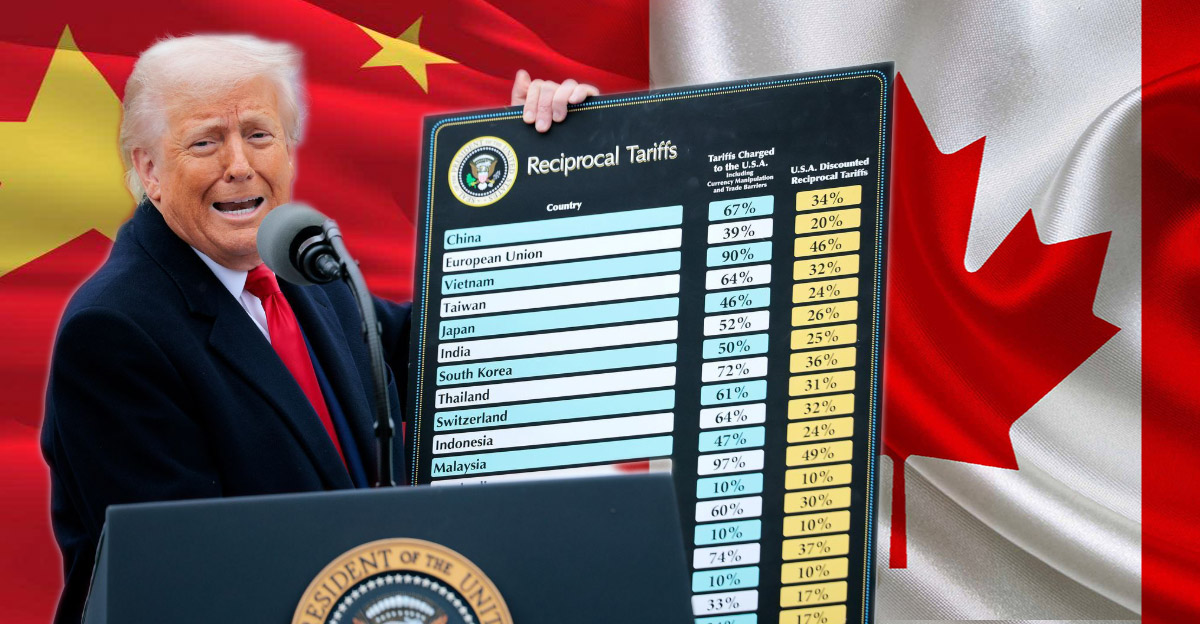
Win-Win Cooperation
Dan Donovan, Publisher of Ottawa Life Magazine, sat down to chat with Chinese Ambassador to Canada, Luo Zhaohui after his first year in Canada.
OTTAWA LIFE: Ambassador Luo, you’ve been in Canada for one year now, what’s your impression of Canada?
Ambassador: I have four general impressions. First, Canada is a vast land with a rich natural resource endowment and a high level of economic development. Second, Canada has remarkable environmental protection endeavours. Personally, I find Canada a most liveable country. Even long winters seem to be “warmer” than I expected. Third, Canadian people are warm and friendly. I’ve seen heartwarming smiles wherever I go, be it in streets, parks or shops. Last but not least is Canada’s inclusive cultural diversity. People of different colours live in harmony, and all cultures thrive in coexistence.
I have visited a number of Canadian cities and provinces since my arrival in Ottawa. I have felt for myself Canadians’ friendly sentiments towards China. Many of the people I have met have great expectations of China-Canada relations. I do feel that China-Canada cooperation is mutually complementary, our two peoples are genuinely supportive of a stronger and closer China-Canada relationship, and our bilateral relations have broad prospects.
OTTAWA LIFE: How would you briefly characterise the current China-Canada relationship?
Ambassador: Both China and Canada are countries of global influence. In 2005, our two countries established the strategic partnership, opening a new chapter in our all-round cooperation. China has been Canada’s second largest trading partner for 12 consecutive years. According to China’s statistics, our two-way trade in 2014 was valued at 55.2 billion US dollars, 368 times of the figure in 1970 when the diplomatic tie was established. Canada is now China’s second largest overseas investment destination. As of the end of January 2015, China’s accumulated investment in Canada totalled nearly 58 billion US dollars, creating over 6,000 jobs for Canadians. The mutual visits between our two countries numbered approximately 1.14 million. Canada is home to nearly 1.5 million people of Chinese origin. Over 100,000 Chinese students are pursuing their studies in Canada.
The fruitful cooperation between the two countries in the political, economic, cultural and other fields has brought practical and tangible benefits to our two peoples and contributed significantly to the common development and prosperity in the Asia-Pacific region.
China’s contacts and engagement with Canada are believed to date back to time before the formation of the Canadian Confederation. Over 200 years ago, tens of thousands of Chinese came all the way across the oceans to the North American continent for mining gold and building the Pacific Railway. The Chinese workers made significant contributions to the development and prosperity of the land now known as Canada.
Over 70 years ago, Dr. Norman Bethune came to China and sacrificed his precious life in the Chinese People’s War against the Japanese Aggression, becoming a common hero in both China and Canada.
Over 50 years ago, Canada took the lead in breaking the Western trade embargo against China, exporting wheat to China to help the natural disaster-stricken people to get through difficulties.
Our friendly sentiments towards each other have been sowed and cultivated in history. Such friendship constitutes the firm and solid foundation for our bilateral relationship and for its steady and continued growth.
OTTAWA LIFE: Where are the potential growth areas for China-Canada relations and cooperation?
Ambassador: China is the world’s largest developing country while Canada is one of the major developed countries in the world. There is huge potential for cooperation in such areas as trade, economic relations, financial services, energy, science and technology, culture, education and tourism.
As you may know, China is now making comprehensive in-depth reforms, including the change of growth model. In the next five years, China’s imports of goods are expected to surpass the mark of 10 trillion US dollars and its overseas investment may amount to 500 billion US dollars. Chinese outbound tourist visits are likely to rise to 500 million. All this offers tremendous opportunities for China-Canada relations and cooperation.
Prime Minister Stephen Harper’s visit to China last November represents another milestone in Sino-Canadian relations. During his visit, the two countries issued a Joint List of Outcomes, which covers 20 specific items or areas of cooperation.
As a result of the two sides’ joint efforts, the renminbi clearing bank, the first of its kind in America, has been successfully inaugurated in Toronto; the reciprocal arrangements for multiple-entry visas valid for up to 10 years are well in place; the Montreal- Beijing direct flight is scheduled to take off in September; and the 2015- 2016 China-Canada year of people-to-people and cultural exchanges has lifted its curtain. Other listed projects of cooperation are also progressing steadily.
This year marks the 45th anniversary of the establishment of diplomatic relations between the two countries and the tenth anniversary of China-Canada strategic partnership. The two sides need to seize such important opportunities and work closely to follow up to and implement each and every item on the Joint List.
In this connection, the two sides should prioritize the negotiation and conclusion of a Free Trade Agreement (FTA) and the opening of a China- Canada Maritime Energy Corridor.
Given the natural resource endowment of our two countries, the size and strength of our two economies and the scope of our two markets, there are tremendous potentials for greater bilateral cooperation in trade, economic relations and other areas. With the entry into force of the Foreign Investment Promotion and Protection Agreement (FIPA) between China and Canada last October, the logical next step for the two sides is to start FTA negotiations. China is ready to work with Canada in a joint effort to launch FTA negotiations at an early date, which, I believe, would provide a strong policy support to our trade and economic cooperation.
Against the backdrop of falling oil and gas prices, the opening of an environmentally-friendly Maritime Energy Corridor connecting China and Canada can help upgrade our energy cooperation while strengthening our maritime and environmental protection cooperation. The Chinese side will step up communication with the Canadian side on the envisaged “corridor” project while doing the necessary on its part so as to lay the groundwork for substantive progress towards the opening of the “corridor”.
China and Canada’s influence in global and regional affairs has long been substantial and significant. This year marks the 70th anniversary of the victory of the world anti-fascist war. China will host a series of grand commemorative events in September. We have invited world leaders, including Canadian leaders, to join us at these commemorations. China will continue to strengthen cooperation with Canada under such multilateral frameworks as the United Nations, G-20 and the Asia-Pacific Economic Cooperation (APEC) in a bid to further contribute to the global and Asia-Pacific development and prosperity.
OTTAWA LIFE: Mr. Ambassador, are there any issues or difficulties in China-Canada relations? If yes, what are they?
Ambassador: China and Canada have different social systems, cultural traditions and are at different stages of development. That being the case, it is quite natural that we have different views and positions on this or that issue. For example, the Canadian side complains about its trade deficit with China, and they often make indiscreet comments on China’s human rights situation.
My general feeling is that Canada cannot follow the pace of China when it comes to developing bilateral relations, and our priority areas are different. I hope Canada will adopt a more proactive and constructive approach.
In spite of the differences, we should not let “a single leaf block the view of mountains,” as a Chinese proverb suggests, nor should we “make a mountain out of a molehill,” as our Canadian friends would often say. In other words, we should never lose sight of our overall interests because of our differences on any individual issues. Differences cannot and should not disrupt our bilateral relations. We should focus on practical cooperation and expand the positive aspects of our relationship while keeping disputes or differences under effective control and solving them properly. We should work together to promote a sound, steady and sustainable development of the strategic partnership in the common interests of the two countries.









